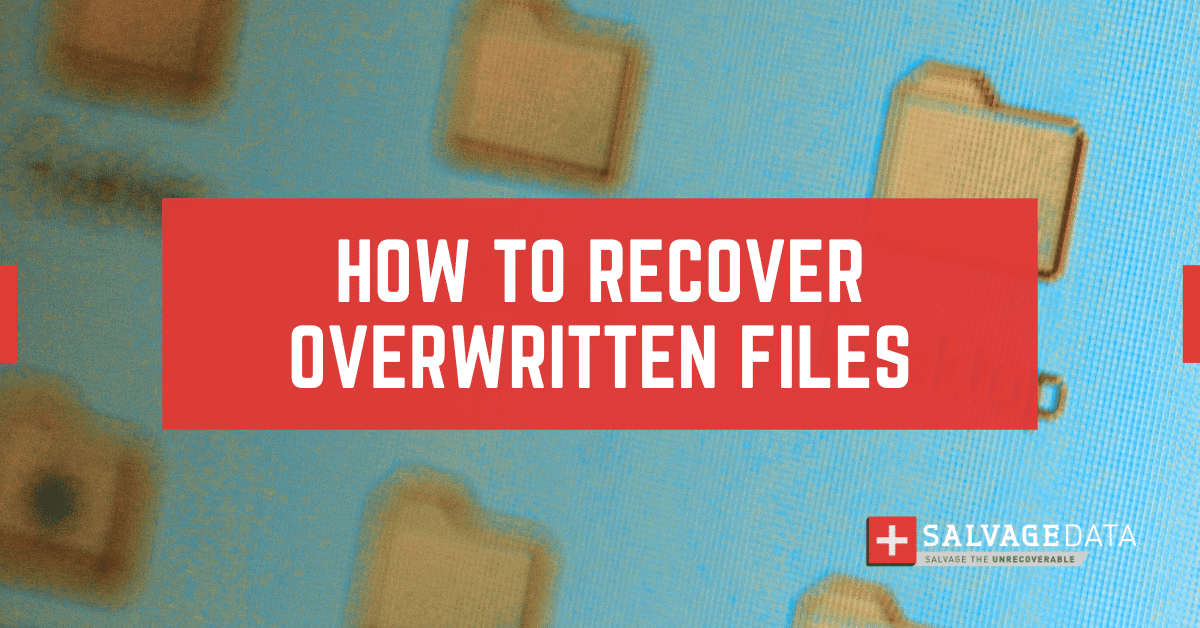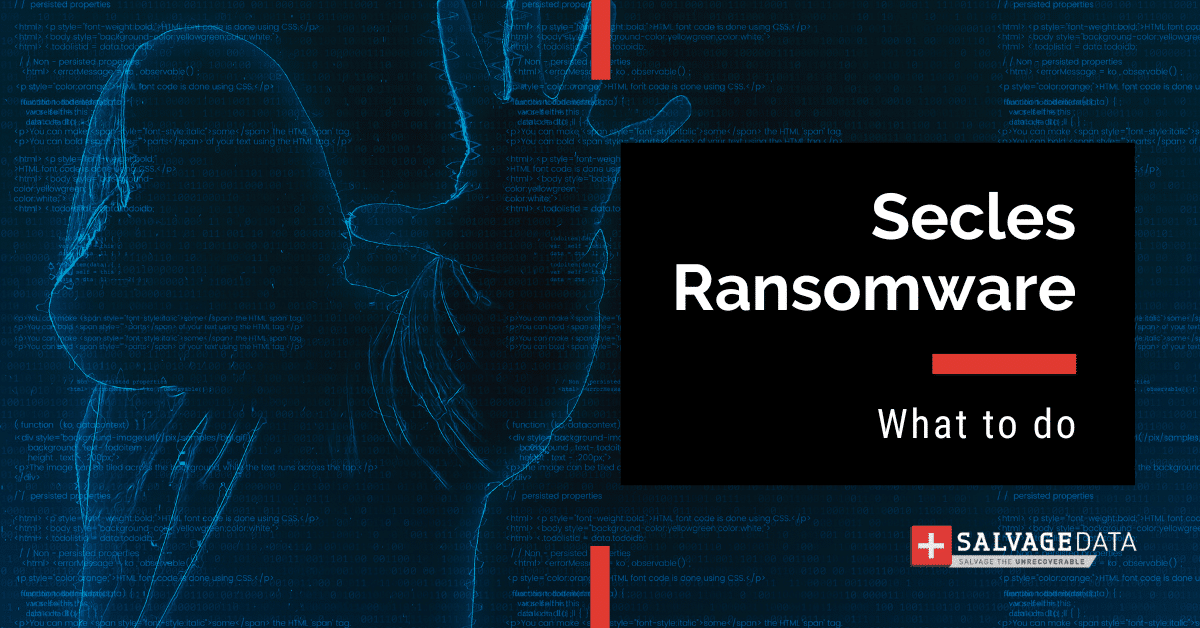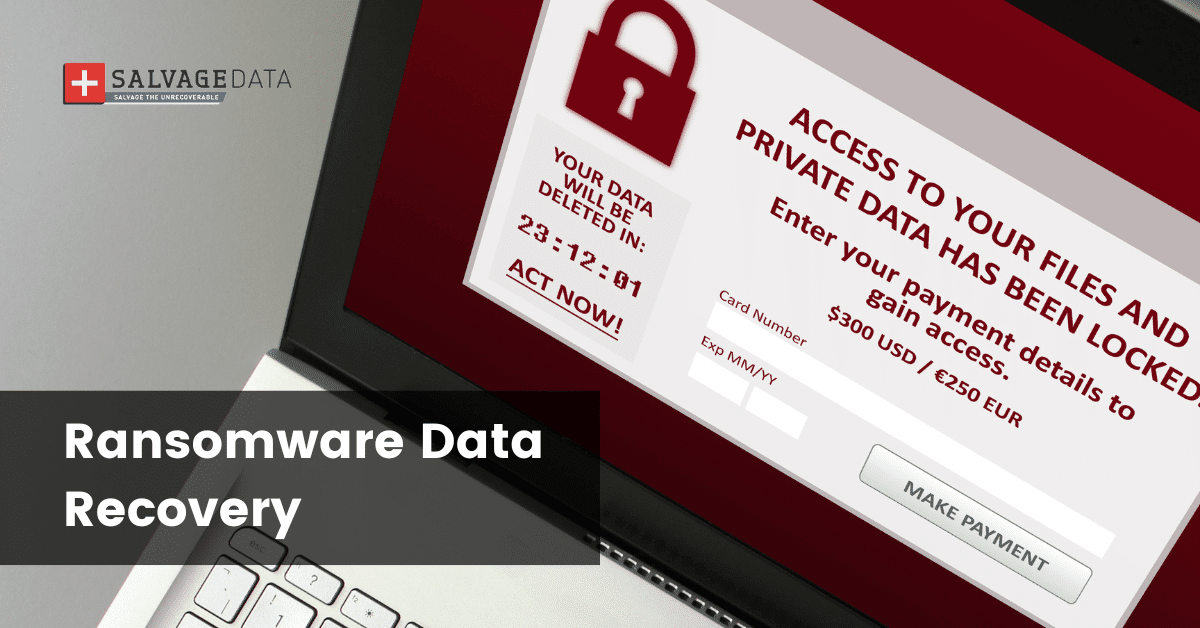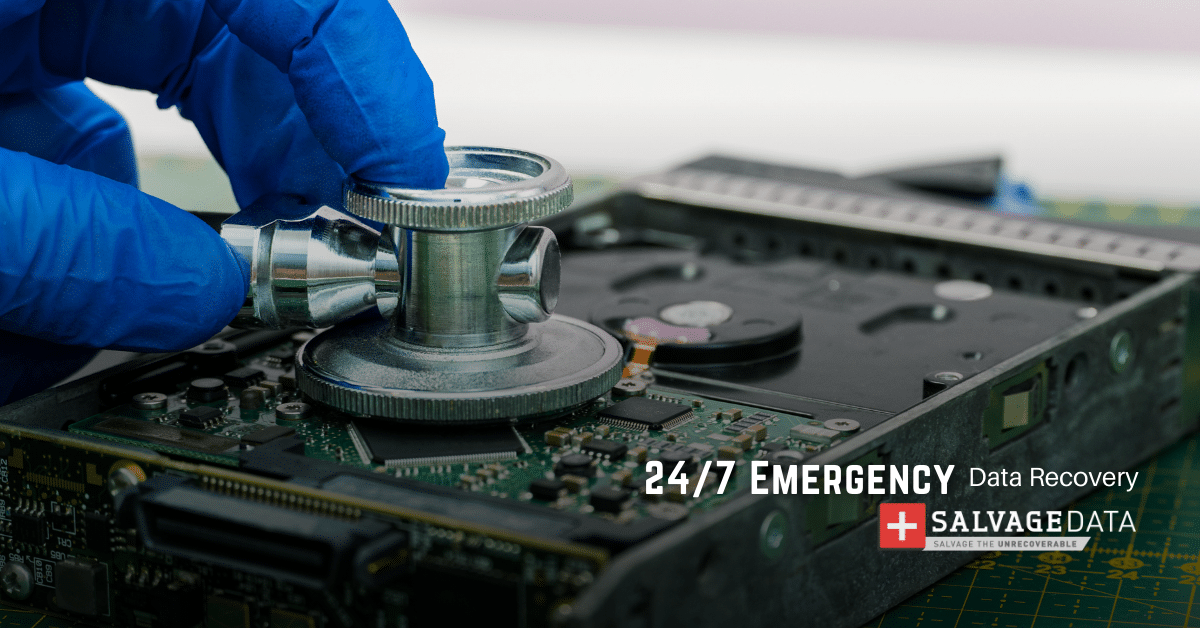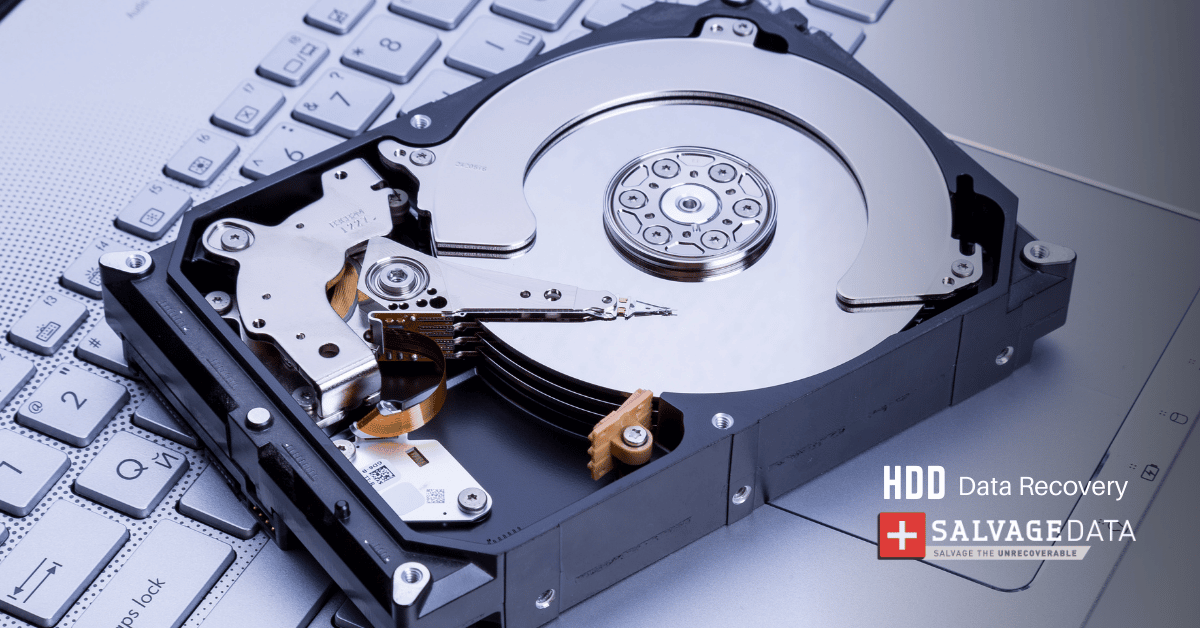Recent Articles
How To Recover Overwritten Files
The Snowflake Data Breach: A Comprehensive Overview
Mac Not Recognizing External Hard Drive: Quick Fix Solutions
How Multi-Cloud Backup Solutions Can Prevent Data Disasters
Capibara Ransomware: What is it & How to Remove
What Should a Company Do After a Data Breach: The Ticketmaster Incident
Secles Ransomware: Removal Guide
What To Do When Your Chromebook Freezes
How to Create Hyper-V Backup
What Is The Best Data Recovery Software For PC

I think there's an issue with my storage device, but I'm not sure Start a free evaluation →
I need help getting my data back right now Call now (800) 972-3282
Philadelphia is a type of ransomware that was first discovered in 2016. This ransomware is unique in that it uses the Philadelphia sports team’s logo as its encryption key. This encryption key is then used to encrypt the victim’s files. Philadelphia is a variant of CryptoLocker Ransomware and uses the same AES-256 encryption algorithm.
How does Philadelphia infect victims’ computers?
Attackers usually spread Philadelphia through email attachments or by downloading malicious files from untrustworthy websites. Once Philadelphia is installed on a victim’s computer, it will scan the hard drive for certain file types. When Philadelphia finds a file that it can encrypt, it will encrypt the file and add the “.locked” extension or “.locky” extension to the end of the filename.
If you are infected with Philadelphia, you will see a ransom note that looks like this:
IMPORTANT! DO NOT DELETE THIS FILE OR YOU WILL LOSE ALL OF YOUR DATA!
Your personal files have been encrypted using a strong encryption algorithm. In order to decrypt your files, you will need to purchase a decryption key. You can purchase the decryption key by visiting the Philadelphia Ransomware website.
The Philadelphia Ransomware website is a fake website that is used to trick victims into paying the ransom. The Philadelphia Ransomware website uses a fake Microsoft support page to trick victims into giving their credit card information.
How much is the Philadelphia Ransomware ransom?
The Philadelphia Ransomware ransom is usually 1.5 Bitcoin, but the amount can vary.
It is important to note that paying the ransom does not guarantee that you will get your files back. In fact, there have been many reports of people who have paid the Philadelphia Ransomware ransom and have not received their decryption key.
What types of files does it encrypt?
Philadelphia will encrypt any type of file that it can find on the victim’s computer. This includes personal files, photos, videos, and documents. It will even encrypt essential Windows files to make the victim’s computer unusable.
Prevention is the best defense against Philadelphia and other types of ransomware, so you should:
-Never open email attachments from unknown senders
-Only download files from trusted websites
-Install a good anti-malware program on your computer
-Back up your files regularly
By following these simple steps, you can protect yourself from Philadelphia and other types of ransomware.
What to do if you are infected with Philadelphia Ransomware?
The first thing you should do is disconnect your computer from the internet. This will prevent the ransomware from encrypting any more of your files. Next, you should scan your computer with a good anti-malware program. This will remove Philadelphia from your computer and decrypt any encrypted files. Finally, you should restore your files from a backup.
What to do if you don’t have a backup?
If you don’t have a backup, you can try to use a ransomware decryption tool. These tools are created by security researchers and can sometimes decrypt files encrypted by Philadelphia Ransomware. However, there is no guarantee that a decryption tool will work, so you should only use it as a last resort.
Is there a public decryption tool for Philadelphia Ransomware?
Yes, Philadelphia Ransomware Decryption Tool can be downloaded from the following website:
What if everything fails?
If you can’t decrypt your files or don’t have a backup, then you will have to accept that you have lost your data. Philadelphia Ransomware is a very sophisticated piece of malware, and there is no guarantee that you will be able to recover your files.
Or you can contact a professional data recovery service, like SalvageData Recovery Services, and see if we can help you recover your files.
SalvageData has a success rate of 96% for ransomware recovery, which is the highest in the industry.
We offer a no-recovery, no-fee guarantee, so you have nothing to lose by trying our service.
To learn more about SalvageData’s ransomware recovery service, you can visit our website or give us a call at 1-888-872-3282.

